Relief fund for human-wildlife conflict victims
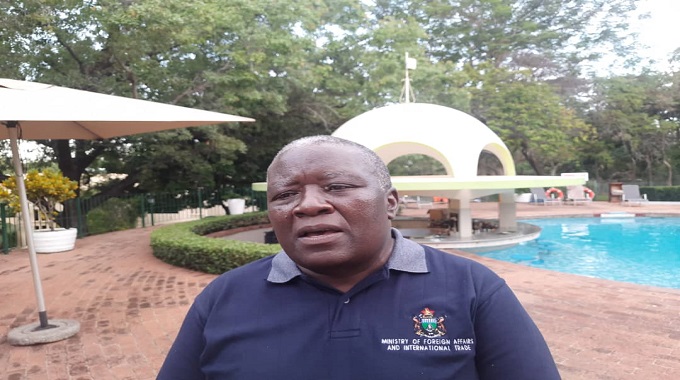
Leonard Ncube, Victoria Falls Reporter
GOVERNMENT is working tirelessly to mobilise finances to bankroll the Human-Wildlife Conflict Relief Fund to start compensating families and communities affected by wild animals.
Cases of human-wildlife conflict continue to rise, with 66 people killed in 2022 as people encroached into wildlife areas for various reasons or animals straying into communities.
The conflict is attributed to the ever growing human and wildlife population.
Cabinet late last year approved the establishment of the fund for victims of human-wildlife conflict following proposals by the Minister of Environment, Climate, Tourism and Hospitality Industry.
This followed countrywide consultation with communities affected by human-wildlife conflict where villagers implored Government to establish a compensation fund for families of victims of attack by animals and those that lose property or are permanently injured.
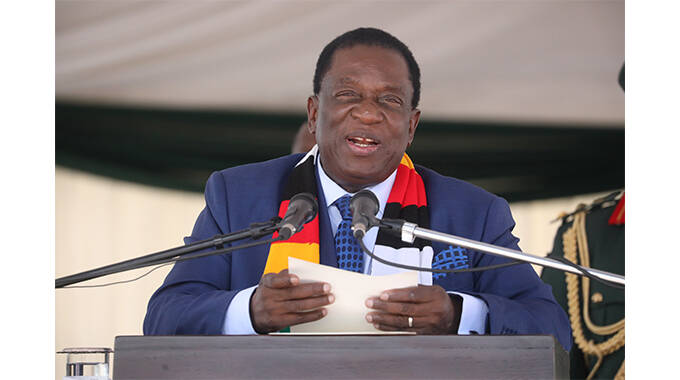
President Mnangagwa
The fund, to be used to support affected families and communities, as well as come up with programmes that help reduce deaths caused by animals, will cover funeral assistance, hospitalisation and treatment for those maimed and injured.
The Ministry of Environment early this year said President Mnangagwa had directed that measures to address the situation be initiated, hence the creation of the fund.
The Ministry drafted a paper that was approved by Cabinet on the need to create a fund that will funded by Government and partners.
In an interview in Victoria Falls, Environment Permanent Secretary Mr Raphael Tayerera Faranisi said work is underway to implement the fund.
“Government set up the compensation fund and we are working on raising the necessary funds,” said Mr Faranisi.
“There are a lot of initiatives we are following up on and finalising as the minister still has to approve that but then basically beyond compensation what we are saying as ministry is that we need to establish what is causing conflict and what can we do to reduce that.”
He said there are a number of initiatives including community projects that are being considered for alternative sources of income to minimise contact with animals.
He also said women and girls are the worst affected as they encounter wild animals while fetching firewood and water and working in the fields.
The Permanent Secretary said alternatives such as tsotso stoves where people are taught to use homemade cooking stoves that consume minimal wood, solar energy and boreholes are critical in addressing human-wildlife conflict.
He said the ongoing Presidential borehole drilling scheme which targets a borehole at each of the 35 000 villages countrywide will go a long way in ensuring sustainable sources of water for consumption, creation of nutritional gardens and fish projects thereby reducing visits to rivers where villagers get attacked.
Such projects will also empower communities to be able to supply the market with horticulture and fish products thereby improving livelihoods and contributing to the local economy.
“So there are a lot of initiatives and what I must say there are also resources for those community based projects that reduce human-wildlife conflict through initialisation of various projects that are more sustainable,” said Mr Faranisi.
Lions and elephants have been causing havoc in communities, with villagers in Bubi, Umguza, Lupane and Victoria Falls losing crops and livestock in the past few days.
In Lupane, communities around Dandanda have lost scores of cattle and goats to marauding lions while elephants have also destroyed crops.

A problem lion killed by rangers outside Victoria Falls
Children last week were not going to school for fear of being attacked, while a woman, Nokuthula Tshuma of Kenyandavu in the same area was trampled to death by elephants.
Mvuthu BH26 village head Mr Paulos Ntini said last week two villagers lost cows and goats to a pride of six lions.
“There are about six lions that killed goats in Ms Lydia Mpala’s pen before also killing a cow and its calf belonging to Ms Onesia Ngwenya in neighbouring BH11 during the same night.

Some of the goats killed by lions
“They ate everything and left bones only and as we speak they have been spotted in Mvuthu forest where people herd cattle. We wish they can be driven away permanently so that people live in peace,” said Mr Ntini.
Kachechete ward 3 councillor Givemeagain Moyo said communities on the boundary of communal and State land are the most affected.
He encouraged villagers to pen their livestock at night.
“There are some human-wildlife mitigation measures being implemented like chilly bricks and chilly fence which are being used to stop invasion by elephants and we appeal to all stakeholders to implement these interventions so that we address these challenges,” he said. -@ncubeleon

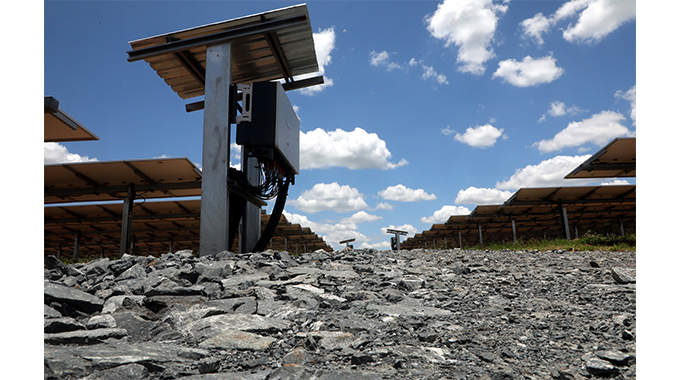
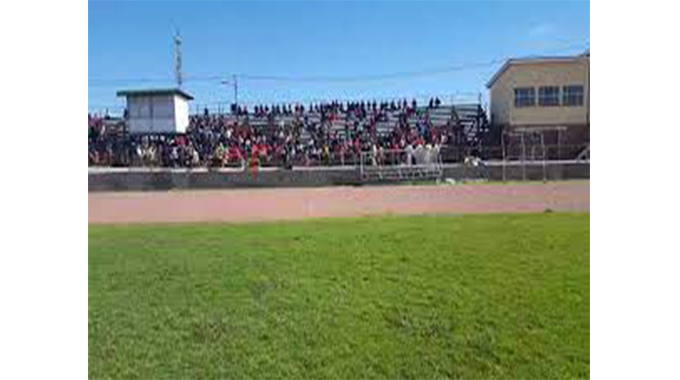
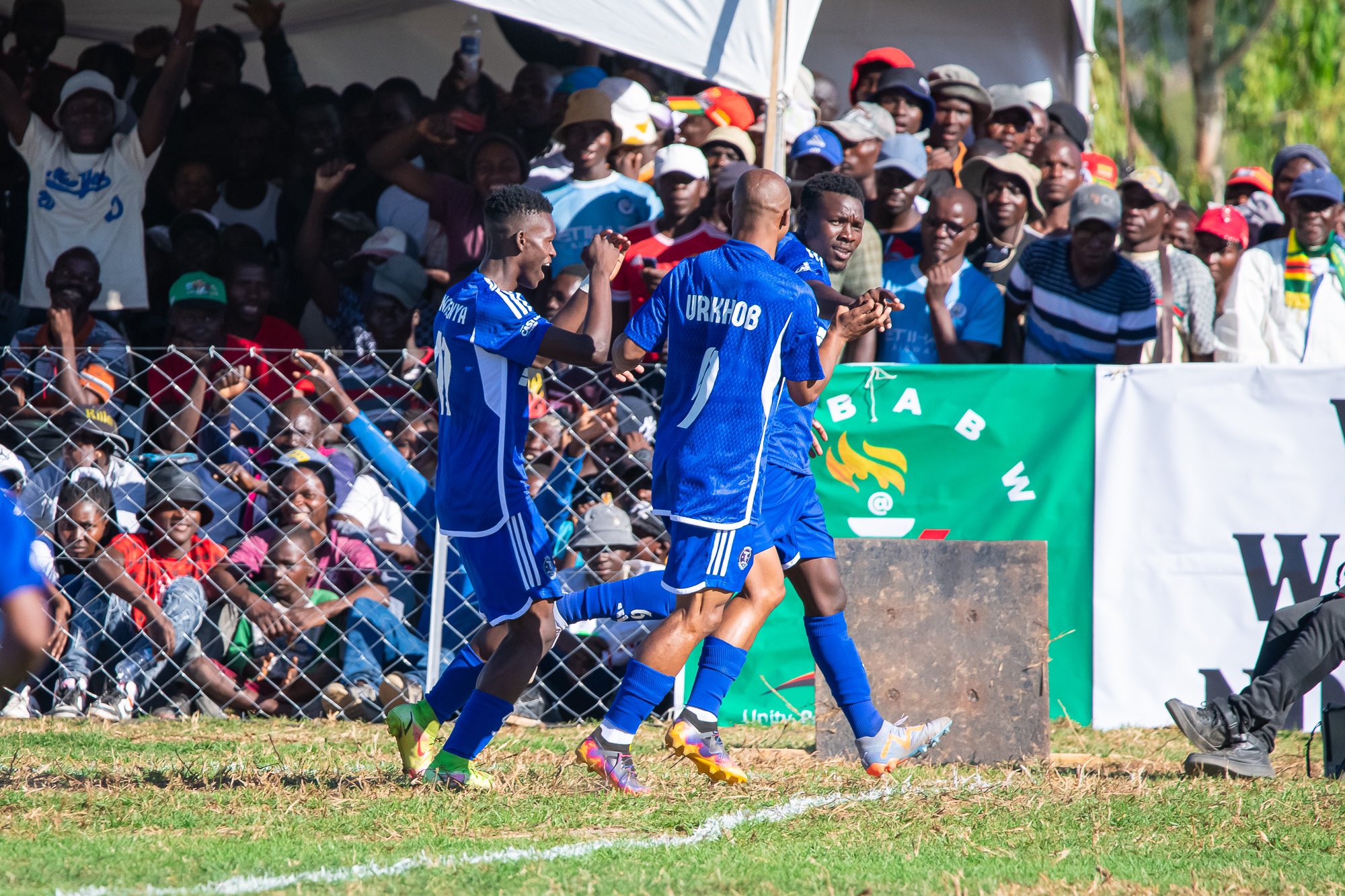







Comments